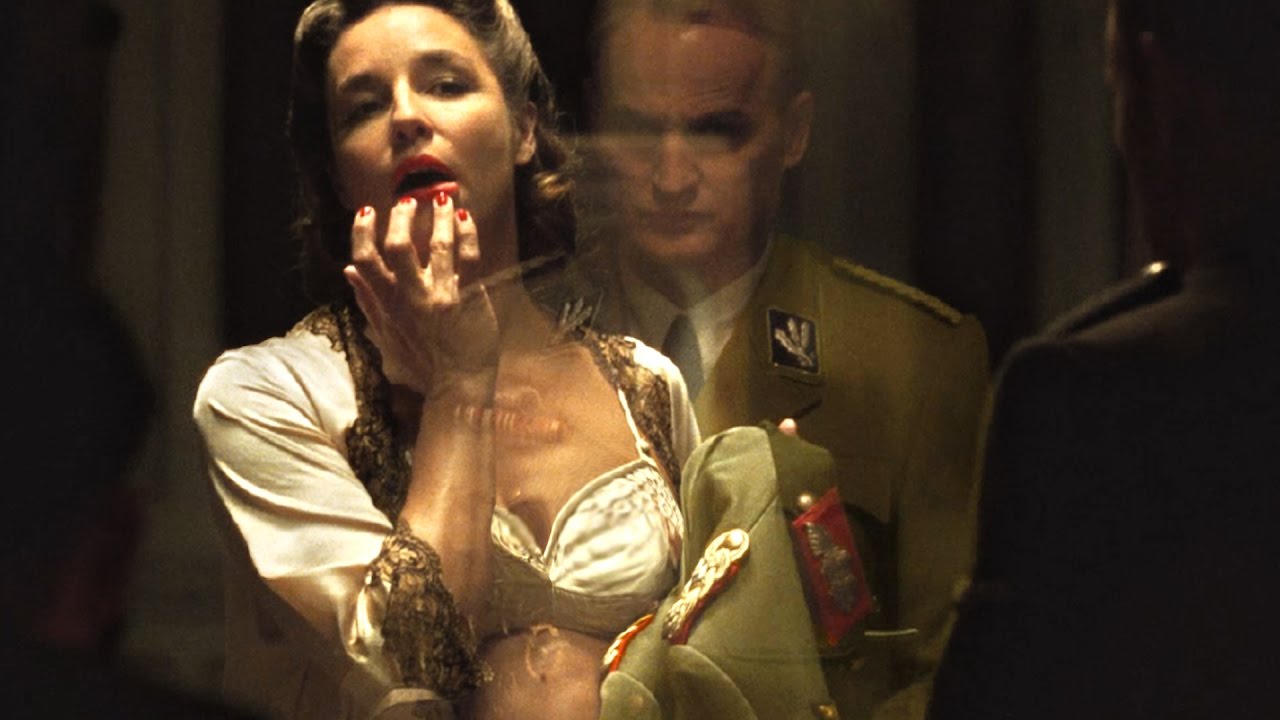If I am being completely honest, I can admit this was all my fault.
It was foolish to ever be excited for the film adaptation of Laurent Binet’s HHhH, a metafictional historical novel — but really less a novel and more a journal of the author’s attempts to write a historical novel.
If one reads it, yes, one ends up with a pretty good understanding of how Reinhard Heydrich came to power and helped orchestrate the Holocaust, and one understands how Czech nationalists managed to assassinate him in 1942. HHhH permanently changed how I thought about historical fiction. It’s a book that might put some people off — it is absurdly neurotic, for sure — but it has stuck in my brain more powerfully than any of those on the philosophy of writing history that I have read.
So I was thrilled when I heard about the adaptation, years ago. I was briefly disappointed when I heard about last year’s Anthropoid, which covers the same events, before realizing it was an unrelated film — one of those strange examples of parallel filmmaking that happens from time to time — and I was filled with excitement again when I saw that this had been released. But like I said, I should have known. The book as written is unfilmable. I get that.
But why did it have to be this film, this HHhH? If they were going to just film another drab depiction of an assassination, why connect it with the book at all, with its bizarre title that screams “postmodern metafictional weird thing”? (The movie is released in some places, and listed on IMDB, as The Man with the Iron Heart, severing even that connection.)
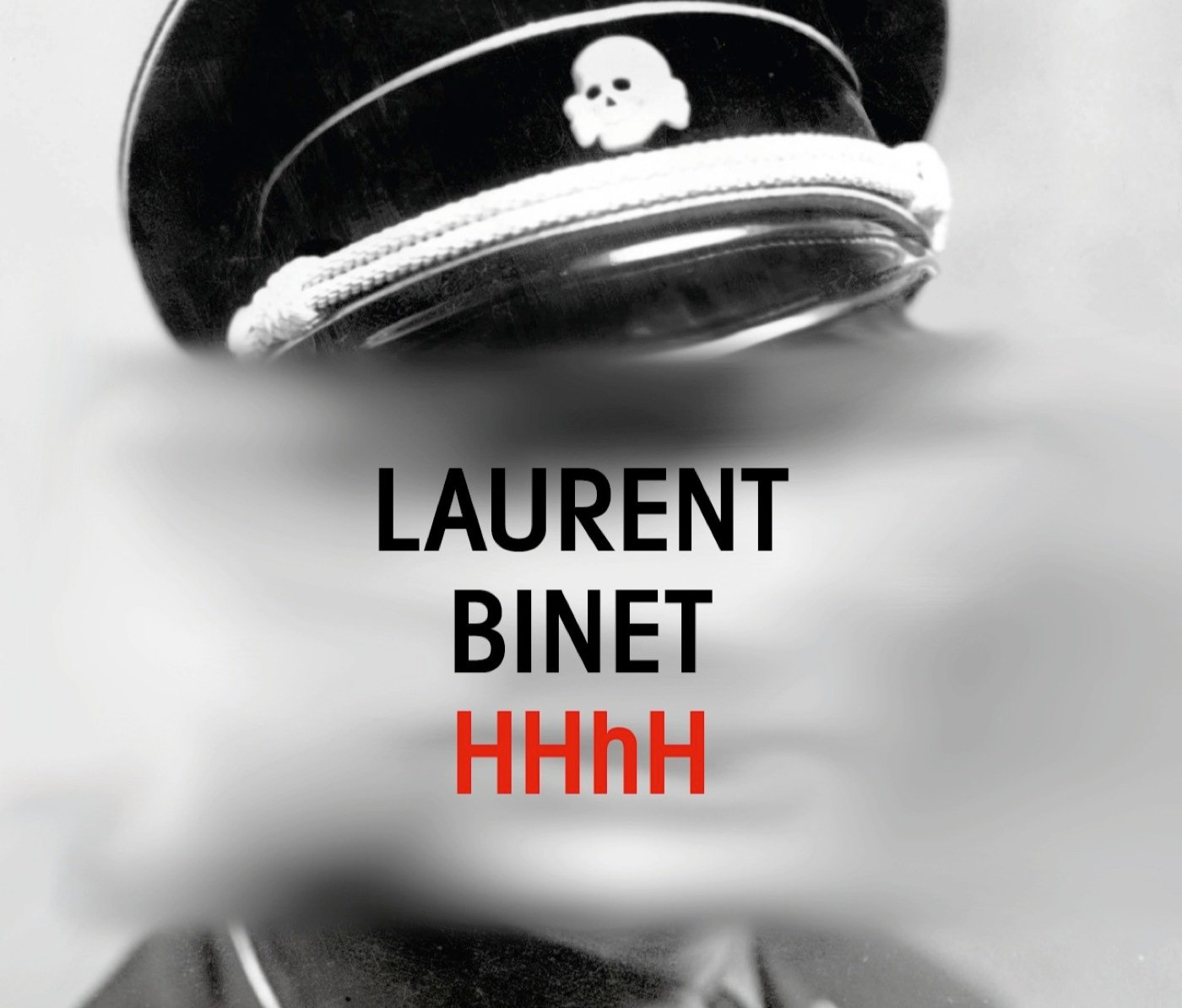
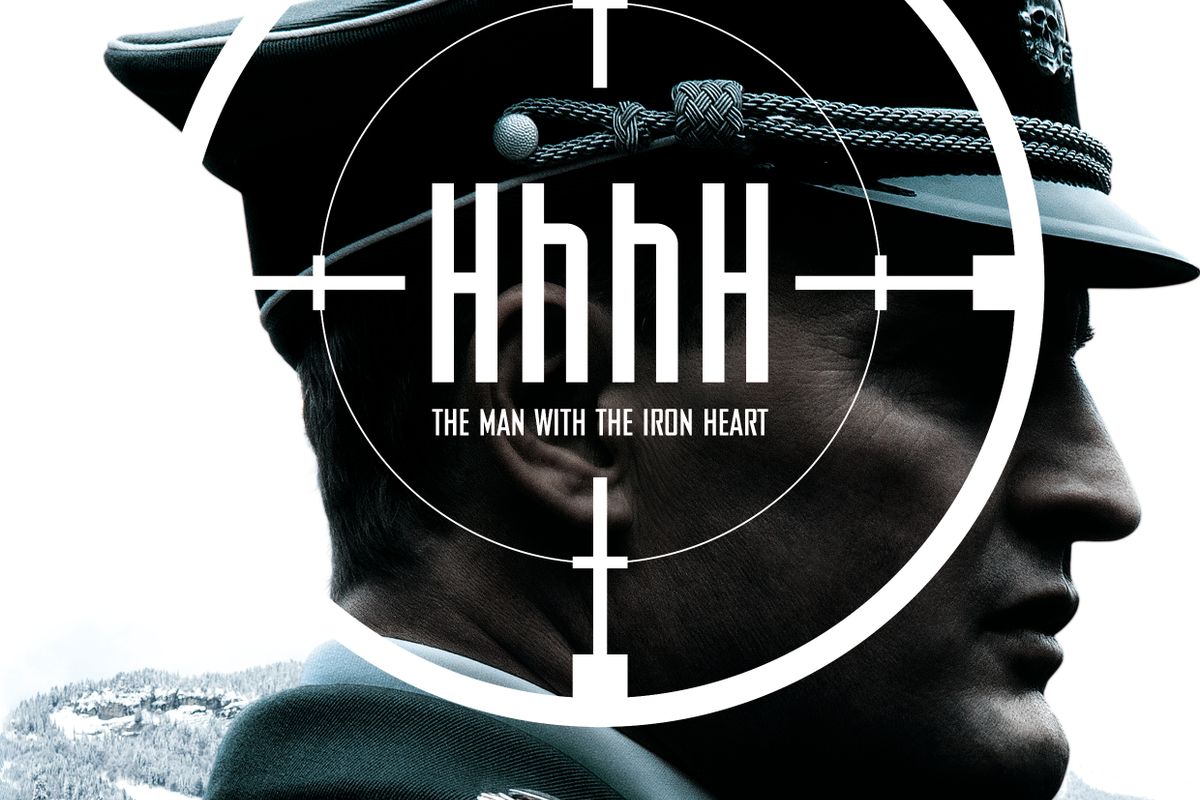
The only thing left connecting it to the original is its structure, which was not particularly odd in the book but makes little sense in film form. The first 40 minutes are spent with Heydrich (Jason Clarke) and his wife (Rosamund Pike, who makes no attempt to hide her British accent for her proudly German character). She convinces him to join the party, and he mixes scenes of blind rage with montages of executions and murders.
The entire section is shot in a drab period style, and it is unclear what we are supposed to get out of it. When Pike confronts her husband and tells him that she feels left out of his life, that she and their kids are being ignored — are we supposed to feel bad for her, an ardent Nazi? What empathy is left for domestic squabbles, when they are mixed with mass executions?
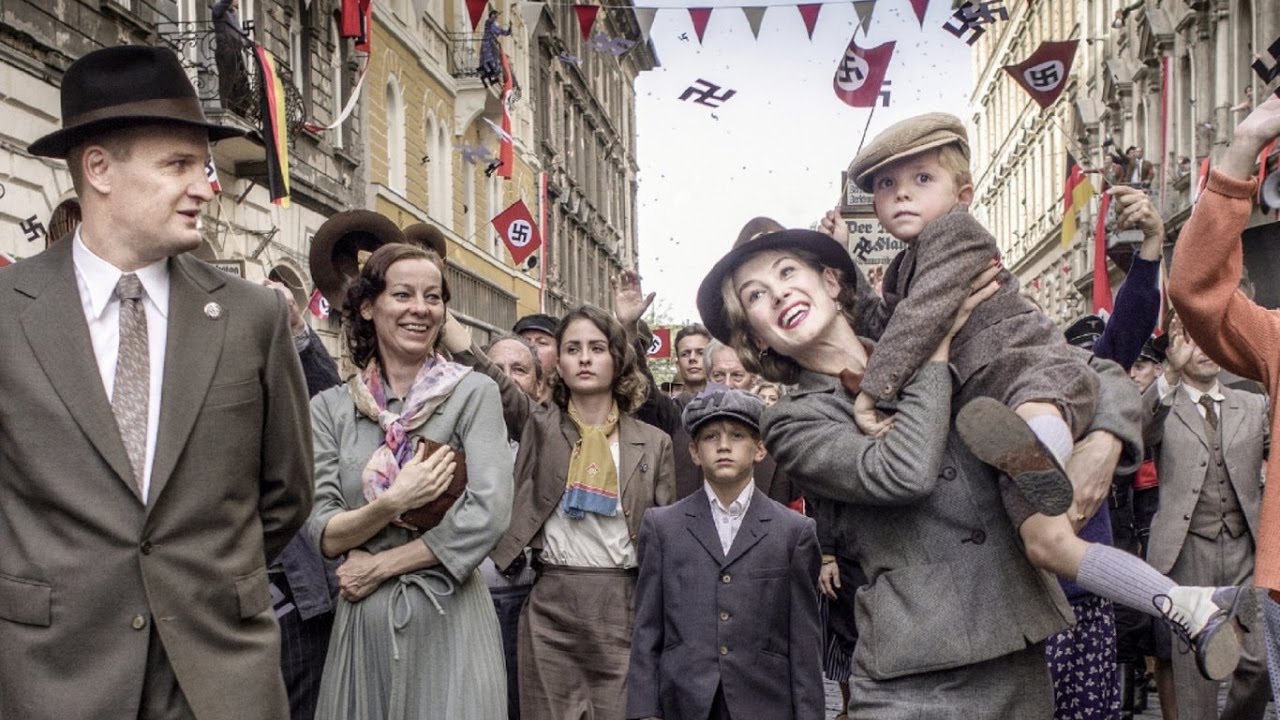
This lasts until the moment Jozef Gabčík (Jack Reynor) and Jan Kubiš (Jack O’Connell) stop Heydrich’s car in a crowded street and open fire. We then freeze — grenade frozen mid-air — and rewind back to follow their mission. They parachute into then-Moravia and make connections with resistance forces. They both fall in love with local girls, and we get a musical montage of dancing — but it is all lifeless and muted. Again, what we are supposed to get out of any of this is deeply unclear. When the assassins are reminded that they are not only risking their own lives, but that the assassination will lead to reprisals against their countrymen — that hundreds will, and did, die as a result of their actions — and when they are barely able to come up with an argument for carrying out their mission, what are we supposed to be seeing?
It often seems that anything set in World War II must automatically become “vegetable film-watching” — the equivalent of homework, of Plato’s virtue-building art. We grow our appreciation for the sacrifices made to bring the Nazi regime to an end. It probably could be traced back further, but I think this idea goes back at least to Saving Private Ryan, and to endless stories of teenagers thanking their grandparents for their actions.
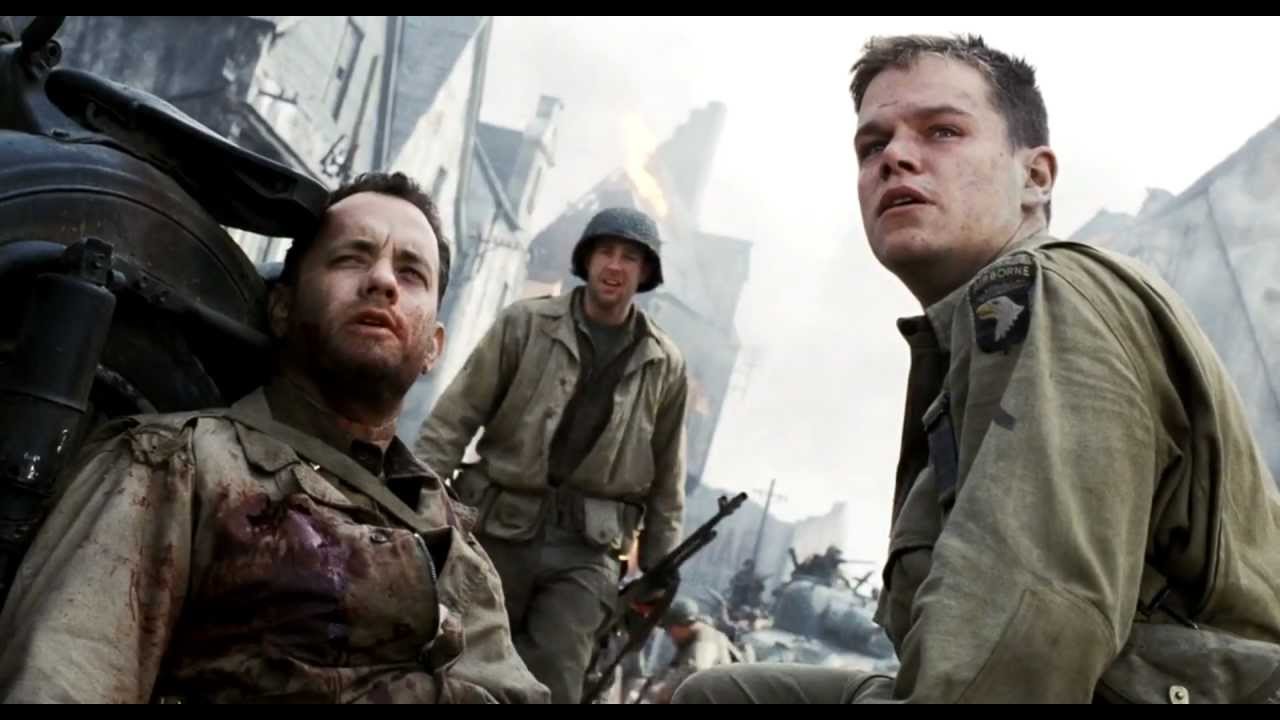
All that is well and good, but one wonders how far that can bring us. Several scenes are almost impossible to watch, as countless men, women, and children are shot and buried in mass graves. Why watch it? Do I, personally, need to be reminded of the horrors of the Nazis so regularly? (It is, of course, terrifying how many people in America don’t seem to be up on this lesson, but I’m not sure this is the film that will change their minds.)
I always try to overcorrect when it comes to adaptations of things I love, since I am biased towards finding them useless and boring, so I will say this: If the intention was to depict the folly of the historical film, HHhH/The Man With The Iron Heart does not do a terrible job. If we are seeing a Brechtian expose of the absurdity of trying to explain the evils of Heydrich by looking at his family life, then it is successful. And if that were taken to a more conscious level, it may be something close to the distancing from historical fiction Binet gives in his book.
Several of the horrifying scenes of the Nazis’ murders include cameras, filming the events for Heydrich’s viewing later, and it sometimes seems that HHhH is drawing attention to this — that we are supposed to notice that these horrors were in some terrible way staged for us. Maybe.
But I think it is much more likely that this is yet another entry in a long history of a peculiar brand of exploitation film. Like all exploitation films, HHhH is driven by a need to see and bear witness to something. And the ultimate response has to be to forgive ourselves, and to realize: we do not need to pay homage to the past by endlessly restaging its atrocities. So this might be the last World War II movie I can stomach.

